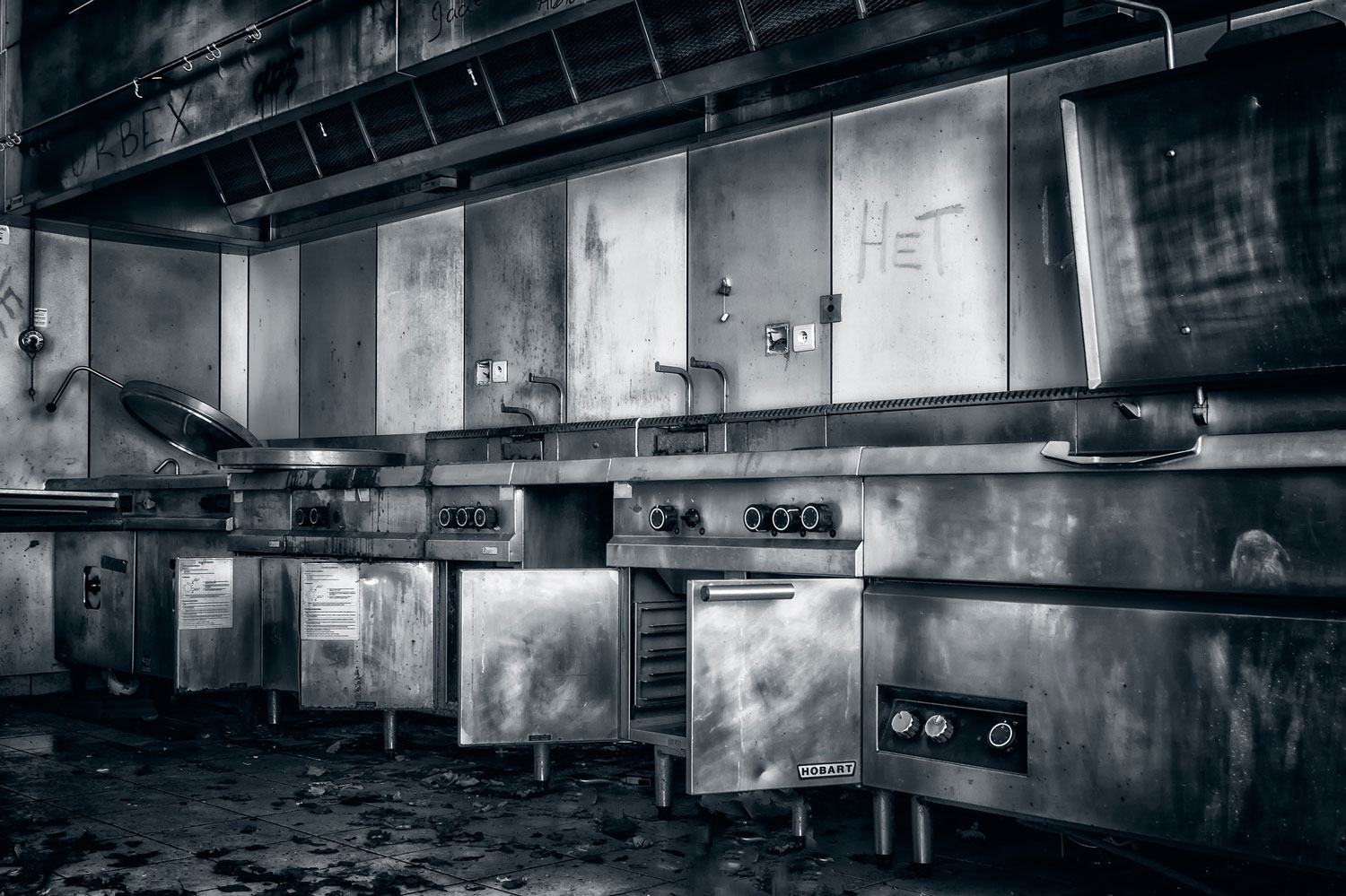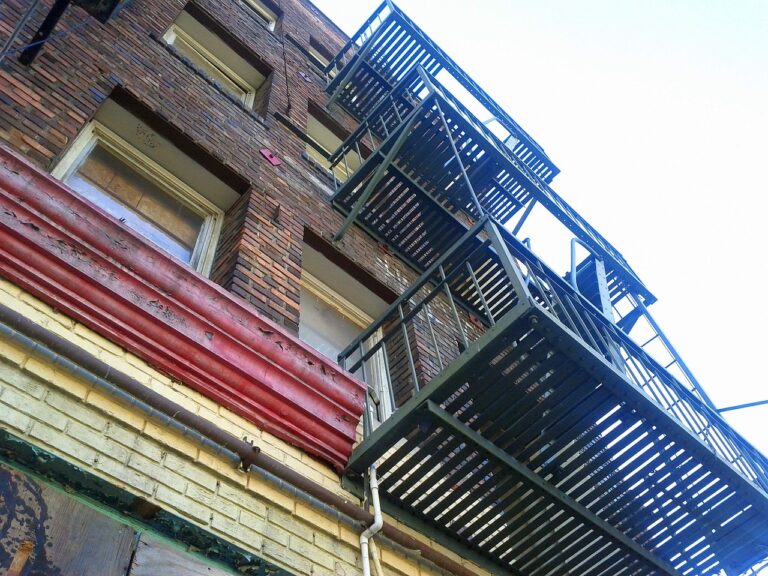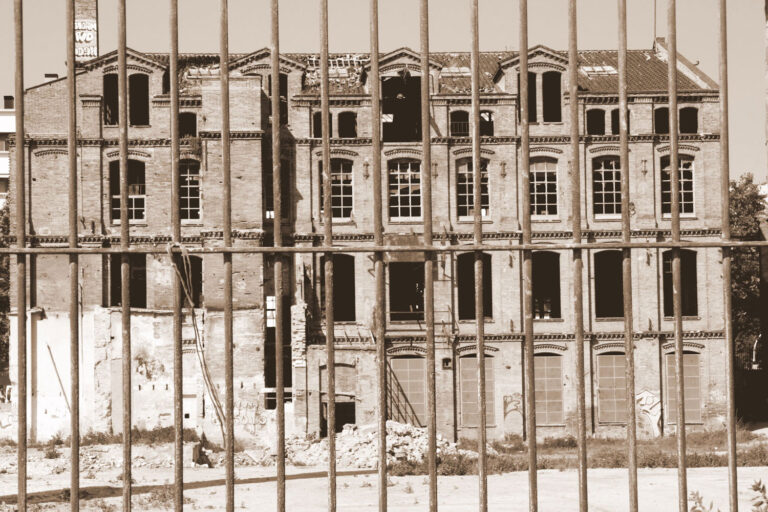Dark kitchens banned for 1 year in Barcelona
Las 25/03/21 Barcelona City Council passed a one-year moratorium on the licensing of constructions, for the increasingly popular, Dark Kitchens or macro-kitchens.
This has been a drastic measure to curb the great increase that this type of establishment has experienced in recent years, together with the pressure of the Restoration Guild, and the protests of some neighbourhood activists. During the pandemic, its boom has been even greater, driven by the great demands that platforms and restaurants with delivery and take-away services have had.
What types of establishments are affected by this moratorium?
All those businesses that wanted to expand or settle in the city, whose main activity was that of bakery and/or industrial kitchen for the elaboration of dishes with no retail sale to the public.
Therefore, catering servicing essential entities such as schools or hospitals are excluded from the moratorium.
What will happen to dark kitchens already operating?
This may continue to operate normally in accordance with current activity regulations (although not very specific).
However, they will likely need to make greater efforts to reduce the impact of their activity on the area surrounding, as the competent administration will carry out more regular inspections of its facilities, pushed by the neighbourhood activists.
Will this new regulation affect the entire city of Barcelona?
Practically yes, it will be applied to the whole area of the city except the Collserola and Montjuïc Park and the two main industrial zones of the city: La Verneda and Zona Franca.
Where is emerging the anti-dark-kitchens movement?
The outbreak of the reaction can be placed in two points of the city: the district of les Corts and Sant Martí. In both locations, the neighbourhood activists have filed numerous formal complaints before the district, and organized protests against the Dark Kitchens, with notable visibility in conventional and digital media.
The target of the protests were two future macro-kitchens of Cooklane (Platform of the Founders of Uber) in there. The main reasons for their protests are: impact on the area (noises, smells, mobility affectations…), and the economic damage to the food and catering businesses of the area.
However, it should be said that the works of the Dark Kitchen de les Corts have already been stopped by the local government and that of Sant Martí, has been in a stand-by mode for a few weeks, neighbours report.
What solution are activists proposing?
The relocation of these macro-kitchens to industrial areas where their activity does not have a detriment to the quality of life of their residentials areas.
They argue that the high volume of influx of riders, the constant loading and unloading of goods and the fumes/smells generated by this activity makes the location of these in urban/residential city centres unviable.
What is the administration’s target with this moratorium?
The main objective is to analyse whether the activity of these businesses is a “retail gastronomy” (as the entrepreneurs affirm) or “industrial food producing” (as the activist claim).
They also seek the creation of a regulatory corpus, not existing today.
The moratorium is using the longest possible period allowed by the law, a usual policy of Barcelona’s City Hall: always choosing the most stringent approach…





